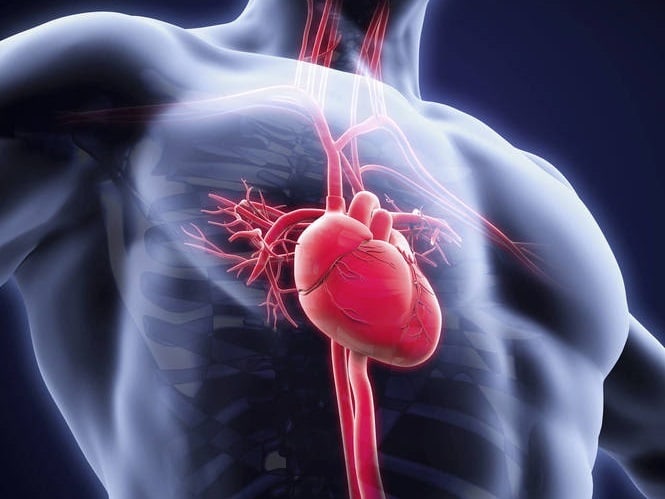Having clog-free arteries is so important because your arteries are the ones that enable the heart to deliver oxygenated blood to the various cells, tissues and organs of the body. Having a healthy heart means nothing if the arteries are in a terrible shape. Needless to say, it’s important to keep your arteries clog-free.
So what can happen to your body if your arteries are clogged? Here are just a few of them:
Dizziness
It’s very important for the brain to always get oxygen-rich blood for it to function optimally. If the arteries that allow blood to get from the heart to the brain are clogged, your brain may not get all of the oxygen it needs.
This is the reason why dizziness is one of the many things that can be experienced due to clogged arteries.
However, doctors say that there are so many different things that can also be blamed for dizziness. They can range from vision problems, an ear infection, low blood pressure, anemia to heat stroke.
Weakness or Fatigue
Having clogged arteries can impede the flow of blood to the muscles, depriving them of all the oxygen they need. As a result, you may feel weak all the time or you may get fatigued quite easily.
Carrying out everyday tasks such as climbing stairs or taking the dog for a walk can prove to be very challenging.
But then again, there are many things that can cause weakness or fatigue, so it’s not all the time that the problem can be associated with the clogging of the arteries.
Excessive Sweating
Do you tend to sweat a lot even without doing any physical activity, such as when you are sleeping? According to doctors, one of the things that they do when a patient complains of such is check the health of the arteries.
The heart has to work a lot harder when the arteries are clogged, and this can trigger excessive sweating.
Numerous other things can be associated with excessive sweating, by the way. Some of them include high levels of stress, anxiety, obesity, nutritional deficiency and menopause.
Palpitations
It’s true that the heart is the one that is taking oxygenated blood to the various cells, tissues and organs of the body. However, it also needs to be supplied with oxygen-containing blood for it to do its job.
When the arteries that take oxygenated blood to the heart muscles are clogged, palpitations may be experienced. It’s also possible for angina (chest pain) to be experienced as a result.
Problems with the thyroid gland, anxiety, anemia, intake of certain drugs — these can cause palpitations, too.
Leg or Calf Muscle Pain
Do you have a hard time walking long distance because your lower extremities get easily tired or painful? There is a possibility that the arteries sending oxygenated blood to the legs are clogged.
Such is what doctors are calling peripheral arterial disease.
However, experts say that there are so many other things that can cause leg or calf muscle pain, and they can be anything from arthritis, nutritional deficiencies, dehydration to nerve damage.
Make sure that you pay your doctor a visit if you are experiencing unusual symptoms such as the ones mentioned above so that it may be determined right away if they’re due to clogged arteries or something else.








